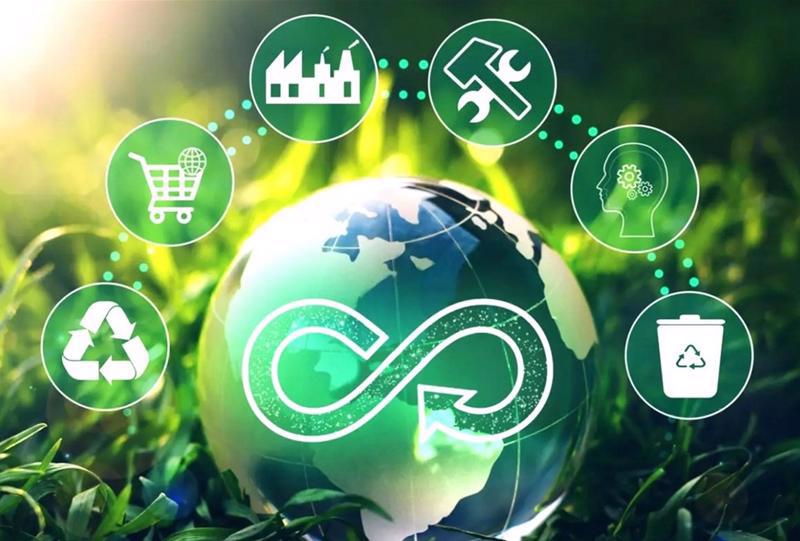The circular economy is pivotal to achieving green growth, a green economy, and ultimately, sustainable development goals, said an expert.
Vietnam prioritizes the implementation of the circular economy as a key component of the national development strategy," Dr. Nguyen Duc Minh, Vice President of Vietnam Academy of Social Sciences told the workshop "Implementing the Circular Economy in Vietnam under the new situation" on September 25.
The socio-economic development strategy for 2021-2030 outlines directions, tasks, and solutions for socio-economic development, including the adoption of a circular economy model to efficiently manage and use resources, enhance environmental protection, and address climate change.
Vietnam has also enacted several significant policies and legal documents on the circular economy, including the amended and supplemented Environmental Protection Law 2020 and related sub-laws. In 2022, the Government issued Decision No 687/QĐ-TTg, approving the Project on Developing the Circular Economy in Vietnam.
Assoc. Prof., Dr. Nguyen Van Thanh, Vice Chairman of the Central Theoretical Council, noted that the traditional linear economy contributes to waste, resource depletion, and increased energy consumption. Transitioning to a circular economy model, which promotes efficient and economical resource use and reduces environmental emissions, is urgently needed. This shift aims to address environmental challenges, foster a green economy, enhance competitiveness, and lower production costs for businesses.
The draft National Action Plan for implementing the circular economy, currently prepared by the Ministry of Natural Resources and Environment, proposes five key objectives and indicators for monitoring and evaluation up to 2030 and 2035.
Dr. Mai Thanh Dung, Vice President of the Institute of Strategy and Policy on Natural Resources and Environment, highlighted that the action plan identifies priority sectors and product areas for circular economy implementation. It focuses on nine critical sectors with potential, including transportation, agriculture, construction, waste management, industry, and chemicals.
Achieving the goals outlined in the action plan requires not only active participation from the business community and public awareness but also effective involvement from ministries, provincial People’s Committees, and mass organizations in carrying out assigned tasks, emphasized Dr. Dung.
Dr. Tran Thi Hong Minh, Director of the Central Institute for Economic Management (CIEM) under the Ministry of Planning and Investment, proposed a pilot mechanism for implementing a circular economy in Vietnam. She suggested that the selection of experimental sectors and fields should prioritize businesses' ability to design circular economy models and projects.
"Potential sectors and fields for experimentation include agriculture, processing industry, energy, and construction materials," she stated.
The CIEM also proposed several policies that need to be tested, including industrial park policies, green credit, green classification, science and technology, human resource development, and appropriate land policies to support the development of a circular economy.









 Google translate
Google translate